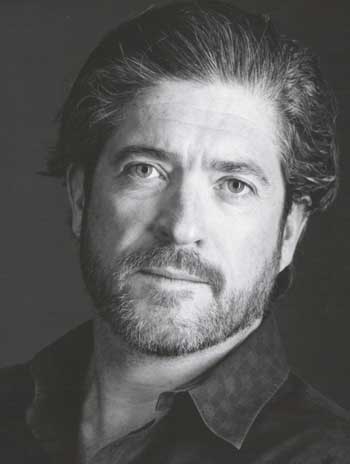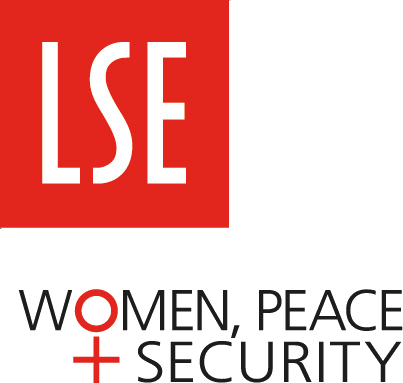At a recent event hosted by the Council for Assisting Refugee Academics and the LSE Africa Initiative, acclaimed Zimbabwean journalist and author Peter Godwin told a crowd at LSE that the Zimbabwe President Robert Mugabe has always used violence to shore up his popularity and that for a while the West turned a blind eye .
“Mugabe was Mandela before Mandela and Zimbabwe was the original rainbow nation.”
This statement by award-winning foreign correspondent Peter Godwin early on in his recent lecture at LSE was a jolt to my system. President Robert Mugabe has been vilified for so long by the Western media that any sort of praise seems to strike an odd note.
White Zimbabweans were aghast when Mugabe won the elections in 1980 and many were prepared to leave the country, according to Peter Godwin. Yet Mugabe surprised them all by reaching out to the white population in his victory speech and asking white farmers not to leave.

Mr Mugabe became a darling of the West but Peter Godwin said that the former freedom fighter had shown his true colours just a few years after he came to power.
“The one thing you can’t accuse Mugabe of is inconsistency. He’s always used the same tactics. The world’s just changed around him,” Godwin said.
Mr Mugabe received a knighthood from the UK in 1994, ten years after the University of Edinburgh awarded him an honorary doctorate.
Twenty-three years later in 2007, the Scottish university finally stripped Mr Mugabe of his honorary doctorate saying it had been unaware of the atrocities he was committing against his own people.
It is an excuse that Godwin finds hard to believe given that a British newspaper, The Sunday Times had covered Mr Mugabe’s suppression of political opposition in detail.
It took place just three years after the now 87-year-old had taken power. The North Korean-trained Fifth Brigade was sent to Matabeleland to hunt for dissidents in 1983 and ended up massacring around 20,000 people.
There was no condemnation from the West then. Mr Mugabe was finally stripped of his knighthood in 2008.
Godwin points to the fall of the Berlin Wall in 1989 as the turning point in the relationship between Mugabe and the West. It was in that year that the West started to take a stand for humanitarian issues and good governance.
After the Unity Accord was signed in 1987 absorbing Joshua Nkomo’s party within Zanu-PF, there was no more violence until 1999/2000. The reason for that though, states Godwin, is that there was no opposition.
Peter Godwin argues that the West is partly to blame for the unchanging situation in Zimbabwe.
He pointed to the fact that they have handed the Zimbabwe issue over to South Africa to resolve. The problem with that though, in his opinion, is that post liberation governments tend to stick together. Therefore, South Africa have been unsuccessful in reforming Zanu-PF in a similar way that the Mozambican liberation party FRELIMO has been forced to change.
Before he started his lecture, Godwin has been careful to emphasise that his talk would be based on his personal analysis of the situation in Zimbabwe and that he fully expected that people may not agree with him particularly as he is a white Zimbabwean.
Despite this disclaimer, many of the black Zimbabweans could be seen nodding with agreement and afterwards described his lecture as measured, impartial and an accurate reading of the ongoing state of affairs in Zimbabwe.






A very accurate assessment of the Zimbabwe situation. I have always maintained that all the problems of Zimbabwe are as a direct result of the fact that Mugabe has always wanted a one party state and he will go to extreme lengths to achieve that. The west turned a blind eye to the massacres in Matabeleland because he hadn’t mentioned repossession of land and Joshua Nkomo had maintained from the very start the need to redistribute land. Nkomo was therefore the enemy of the West and Mugabe their golden boy. But then; what goes around, comes around.